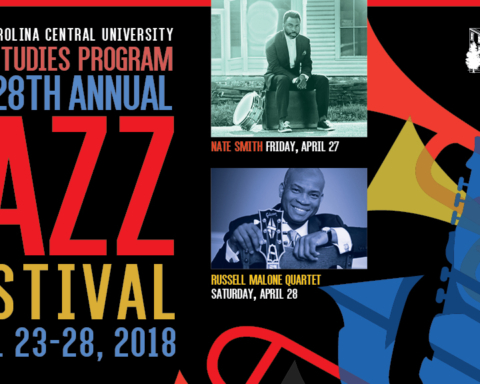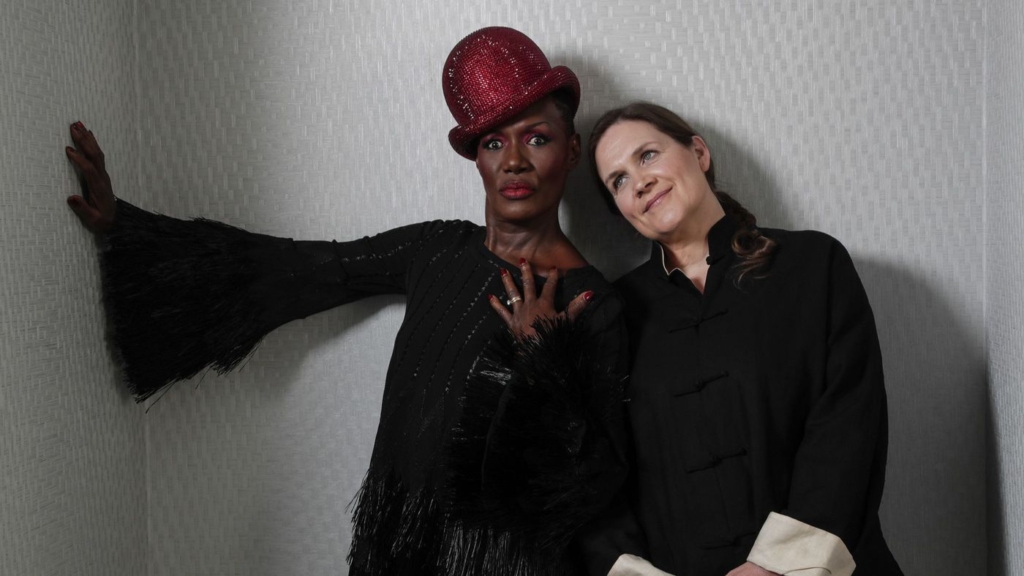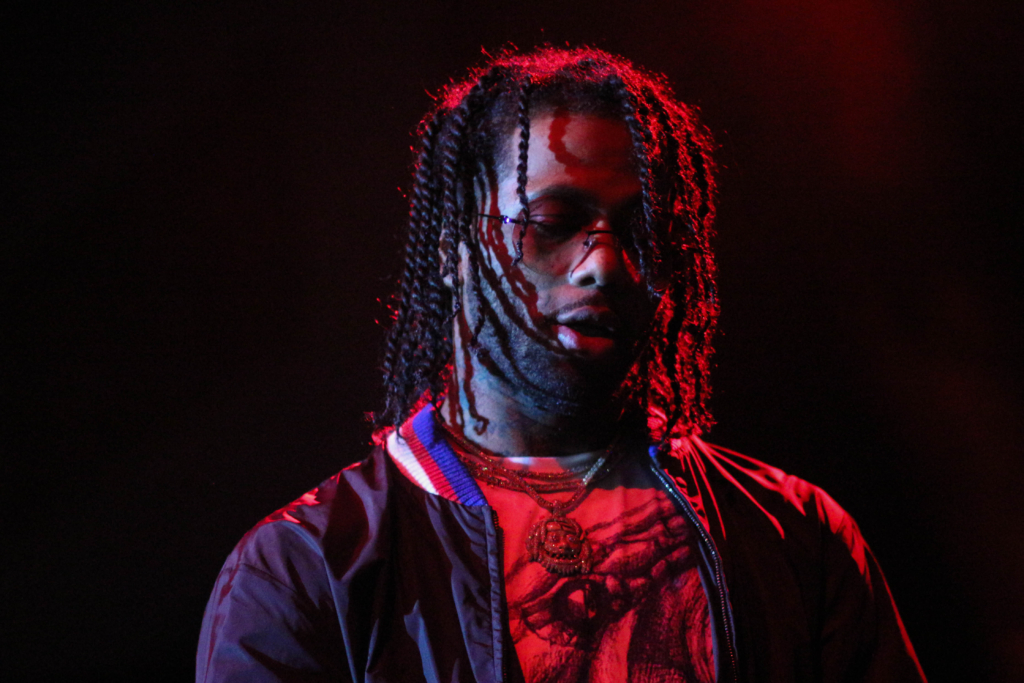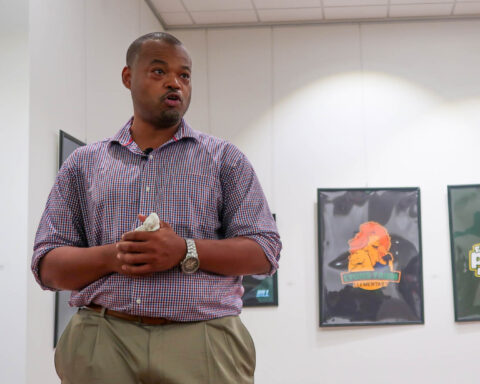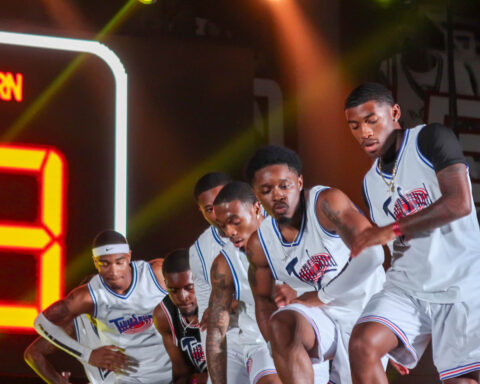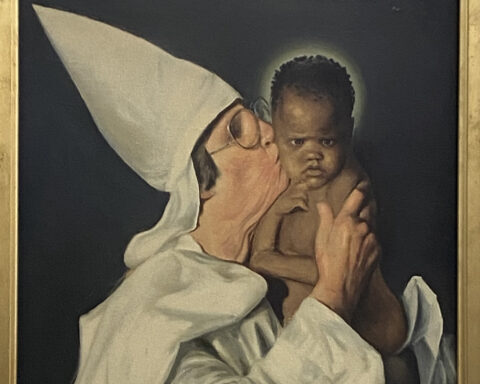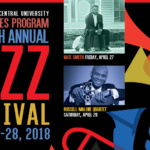His father managed his brother’s music group on a farm in Kinston, N.C. Group practices took place on their front porch. The ear for music in a young Ira Wiggins started with playing the drums at age six then playing the guitar at age seven.
Wiggins’ family didn’t have the money for private lessons, so he learned to read music notes, play the saxophone, and other instruments by oral tradition like his predecessors.
Before the ’77 N.C. Central University alumnus went to college, he had no formal training in reading music on paper. A critical experience that interfered with his interest to join the high school marching band.
Based on his lack of formal training, there were few colleges that would give him an opportunity to study music. Wiggins credited his admission into NCCU as a big step for acquiring the fundamentals he would need to validate himself as a worthy professional musician.
“Once I got here, I had to run a little bit harder than most of the kids that had a head start,” Wiggins said.
Saxophonist/flutist Wiggins applied for a lecturer position at NCCU in 1986. The NCCU jazz studies program became nationally recognized under his guidance of 30 years as program director. According to NCCU bass player Samuel “Ariel” Hoerter, swing is jazz, jazz is rhythm, and it’s what jazz is entirely based on.
The impact of Wiggins’ persistence to align the NCCU jazz studies program with the traditional customs of swing and blues shows in its alumni.
“The product is good. They just put out good players. A lot of the teachers I had in undergrad at ECU, they went through this program, and they were great teachers. So, it’s like if you want to be a good player, become a good teacher, you go through Central, that’s kind of how it was presented to me,” NCCU guitarist Devin Frazier said.
NCCU jazz studies program presented its 28th Annual Jazz Festival from April 23-28. Guests were invited to attend three nights of free concerts by jazz studies program students and faculty in the B.N. Duke Auditorium. Ticketed events included drummer Nate Smith and GRAMMY-nominated KINFOLK, and jazz guitarist Russell Malone Quartet.
“Doc definitely enforces the swing. If you come to class and you’re not prepared to play your part, even if that’s the only part you have in the entire concert, you’re not going to play,” NCCU saxophonist Matthew York said.


